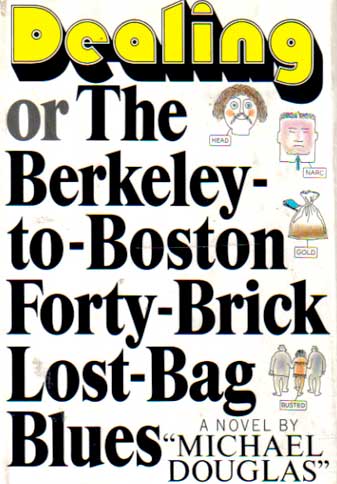Dealing: Or the Berkley to Boston Forty-Brick Lost Bag Blues
In His Own Words
[Dealing is] interesting to me because it attacks what is to most people a puzzling area. What really happens to nice, middle-class, well-educated, suburban, bright kids who get into drugs? Why do they get into the position of having these experiences? The book is not sociology; it’s fiction, but it pokes at some of these things.


Synopsis
To rescue his girlfriend, a weed dealer scraps for a score
The suitcase looks like a standard weekend bag. But like the man who carries it, it isn’t what it seems. Lined with tinfoil to mask the smell, it is a smuggler’s bag and will soon be filled to the brim with marijuana bricks.
The smuggler is a Harvard student who has come to California to make his fortune. He hopes to score not just with his connection but with his new girlfriend, a Golden State beauty with an appetite for fine weed. When the deal goes south, she takes the fall, and a crooked FBI agent swipes half the stash. To free his girl, this pothead will have to make the deal of a lifetime.
This ebook features an illustrated biography of Michael Crichton including rare images from the author’s estate.
From the Archives
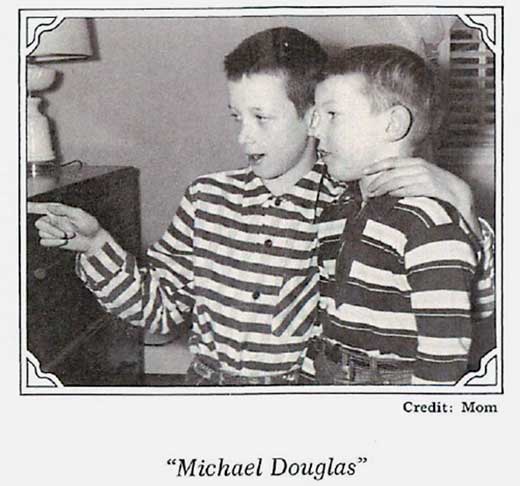

Michael Crichton wrote Dealing with with his younger brother Douglas Crichton. It was published under the pseudonym “Michael Douglas”.
Douglas Crichton Biography
Douglas Crichton was born on December 18, 1948 in Long Island, New York, but spent the majority of his formative years growing up in New Canaan, Connecticut. An All American, and a competitive swimmer in his teens, he set several national swimming records.
In the Crichton tradition, he headed for Harvard, but failed to fall in love with his alma mater. In the more Nineteen Sixties tradition, he rebelled to Bozeman, Montana, interrupting his scholarly endeavors, to work as a carpenter, and to moonlight – building a geodesic dome – which would serve as his home for the next three years. During this soul-searching retreat, he wrote his first novel, Dealing or the Berkeley-to-Boston Forty-Brick Lost-Bag Blues, with his brother, Michael Crichton. After publication the book was serialized in three successive issues of Playboy magazine. Within two years Dealing was released as a major motion picture, starring Barbara Hershey, Charles Durning and introducing John Lithgow to the cinema audience. Nearing the end of the Sixties, Douglas returned to Cambridge to fulfill his Harvard obligation.
Upon graduation, Douglas headed to Los Angeles to continue his writing, while he supported himself as a reporter at the Los Angeles Herald Examiner. He segued into editorial writing, then moved on from the newspaper to become a Senior Producer for The Financial News Network – the cable start up which is now CNBC. On the cable network he oversaw Wall Street Final, a comprehensive re-cap of the day on Wall Street. During his stay, his written words came from the mouths of most of FNN’s top talent, while he also booked major guests onto the network’s interview programming.
Throughout this multifaceted life and in between jobs, Douglas read and accumulated an extensive library, edited many of his brother’s manuscripts, and delved into the research for books on such daunting topics as the Bill of Rights and English Common Law, and the history of the politics of war. At the time his death, on May 18, 2012, he was penning the autobiographical Close to the Bone, a book about his fifteen+ year relationship with multiple myeloma (bone cancer), the treatments that followed, and the effects the disease and modern medicine had upon his life and spiritual beliefs. Douglas is survived by two sisters, Kimberly and Casey, and his wife of 13 years, Debora.
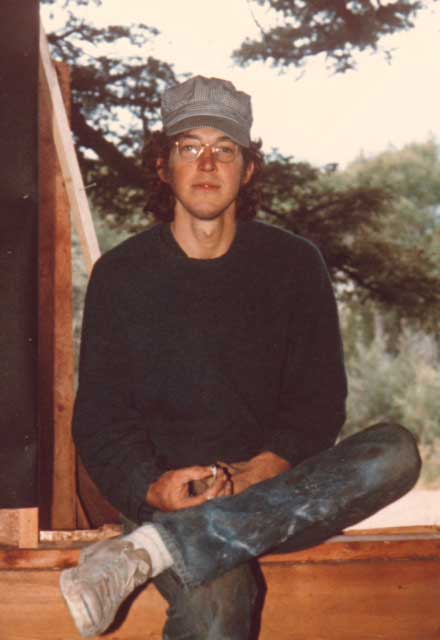

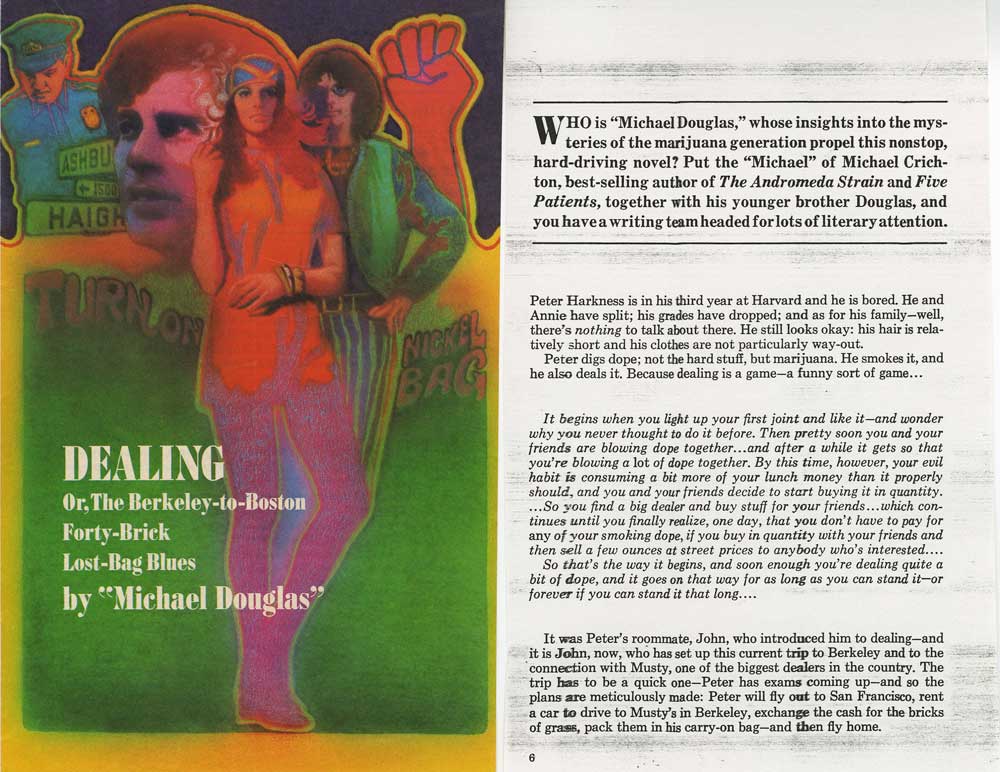

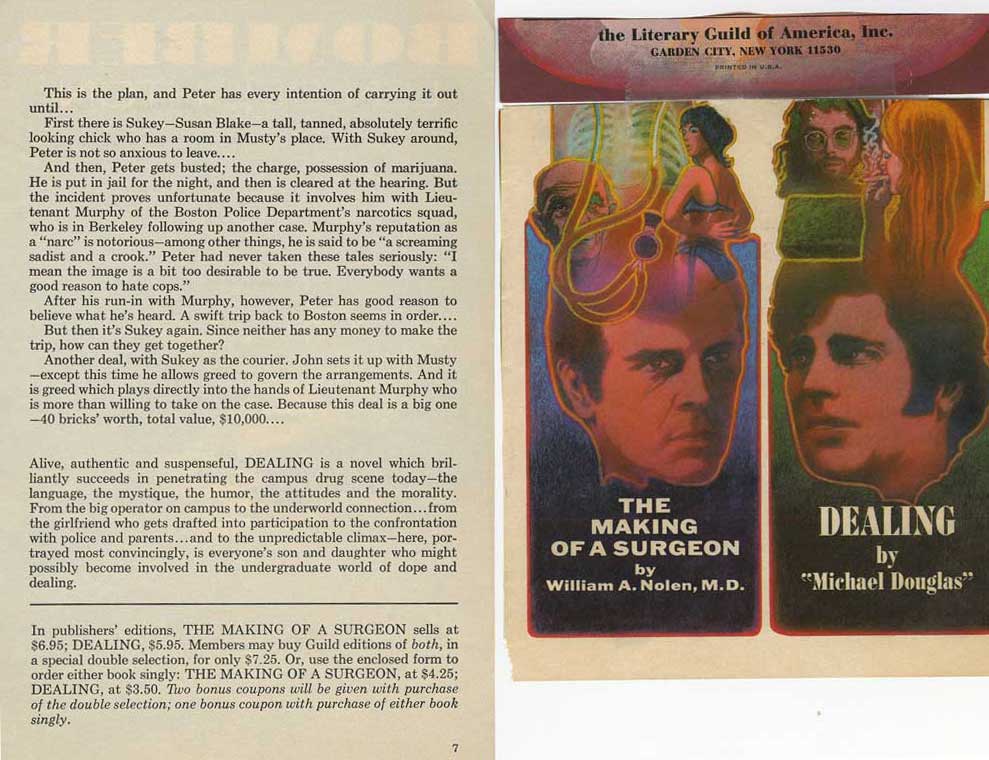

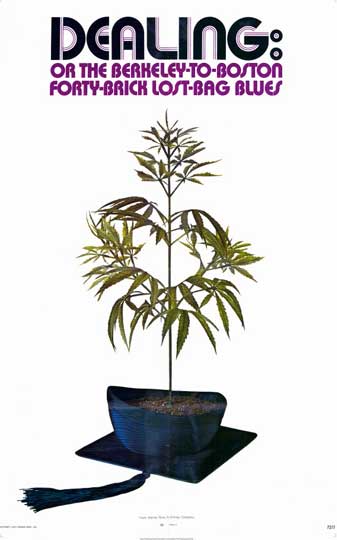

Dealing (Movie)
| Release Date: | February 25, 1972 |
| Running Time: | 1 hr. 28 min. |
| MPAA: | R |
| Director: | Paul Williams |
| Screenwriter: | Paul Williams, David Odell |
| Based on the Novel By: | Michael Crichton and Douglas Crichton |
| Studio: | Warner Bros. |
| Starring: | Robert F. Lyons, John Lythgoe, Barbara Hershey, Charles Durning |

